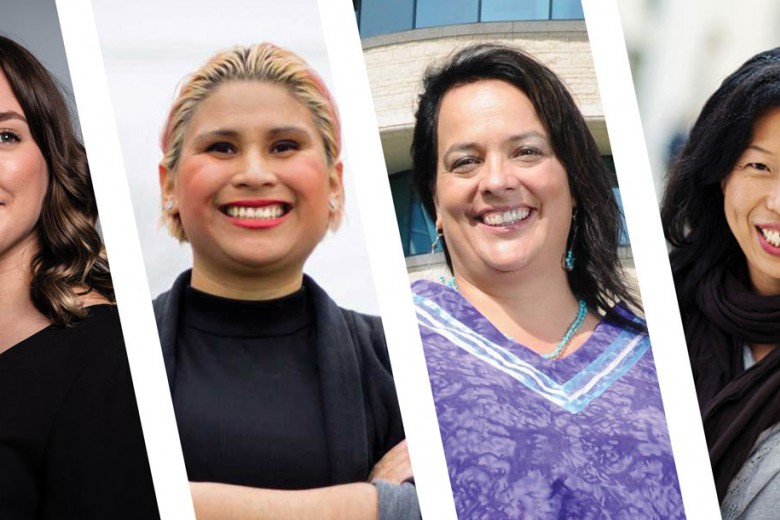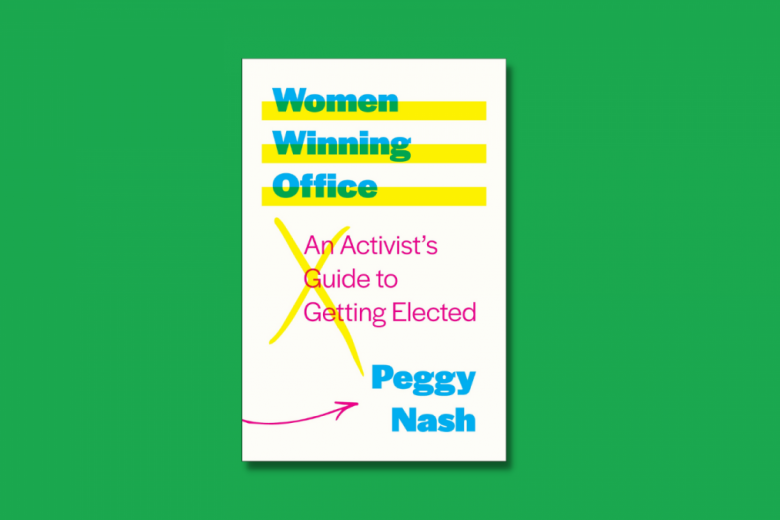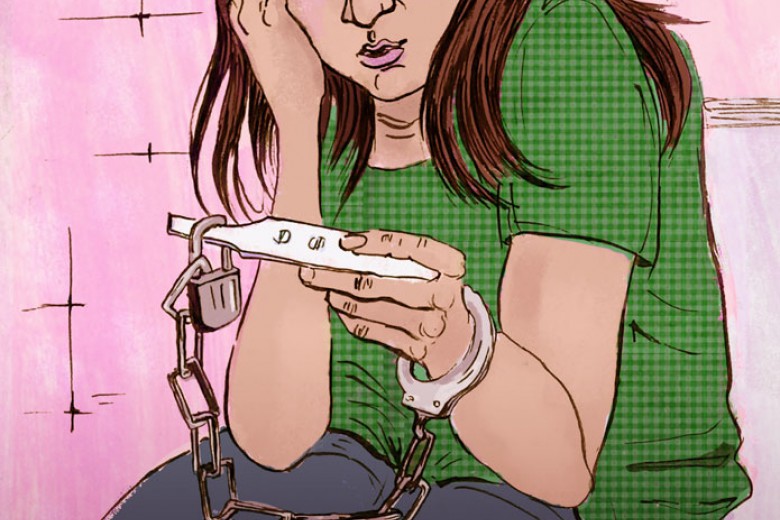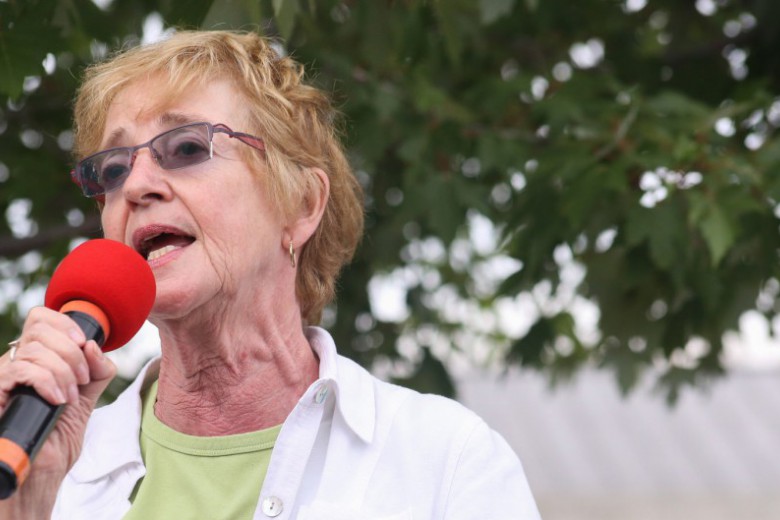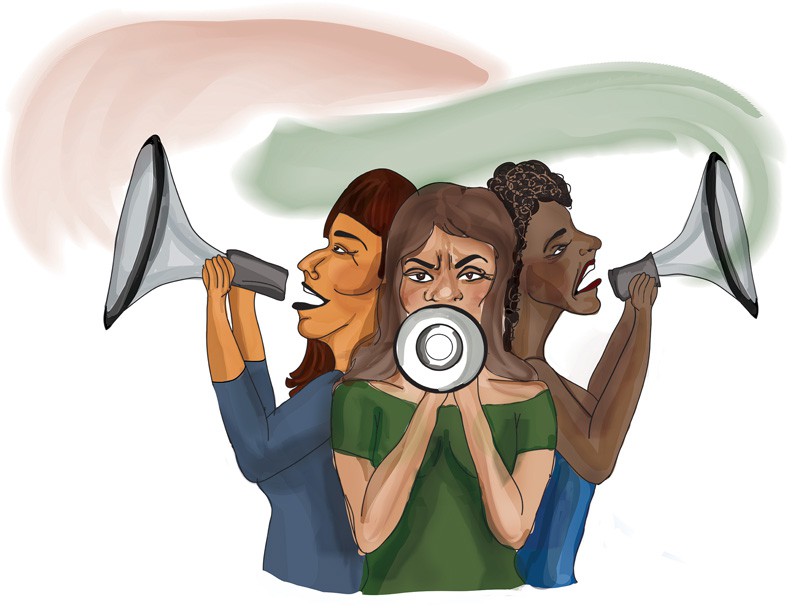
In 2006, the Conservative government cut the funding of Status of Women Canada (SWC) by 38 per cent, to the tune of $5 million, in a move to enhance “fiscal responsibility.” Under the guise of fiscal restraint, Harper’s attack on SWC specifically targeted advocacy organizations, which were barred from applying for SWC grants in an attempt to stifle feminist research and social movements. Without public funding, once-powerful voices leading the charge for women’s equality have virtually been silenced, forcing issues such as violence, poverty, and equity to the fringes of political discourse.
Although financially weakened, the Canadian Research Institute for the Advancement of Women (CRIAW) has responded to Harper’s anti-feminist stance by developing new research partnerships. CRIAW’s determination to produce feminist research and remain true to its mission amid new funding criteria has reignited the organization’s resolve to advance social justice and equality for all women.
Formed in 1976 by feminist academics, researchers, and community women, CRIAW is the only non-profit, bilingual research institute committed to amplifying the voices of women and making this research accessible for public advocacy and education.
CRIAW’s main objectives include evaluating public policy and nurturing feminist researchers. Following the cuts, CRIAW has remained critical of the federal government, as evident in its publications that show a direct correlation between women living in poverty and the policies, actions, and inactions of the federal government. With over 2.4 million women living poverty, women form the majority of the poor in Canada. CRIAW calls for reforms in child care and pay equity, recognition of the importance of unpaid work, and the development of more options for affordable housing.
CRIAW works from an intersectional feminist framework, promoting the idea that class, race, language, ability, Aboriginal status, sexual orientation, nationality, and family situation, among others, need to be considered in all feminist research and action. In this area, CRIAW works to draw attention to issues that impact racialized, immigrant, queer, Indigenous, Métis, and Inuit women, and women with disabilities.
CRIAW’s dedicated members and partners, particularly those in the labour movement, understand the necessity of keeping CRIAW strong. Harper’s attempt to repress feminist research and advocacy has only strengthened CRIAW’s commitment to enhance the force of feminist voices.
The Harper government has not stopped CRIAW from documenting the economic and social situation of women in Canada. Although CRIAW’s future remains uncertain, its drive to provide Canadians with feminist research has been reignited.


